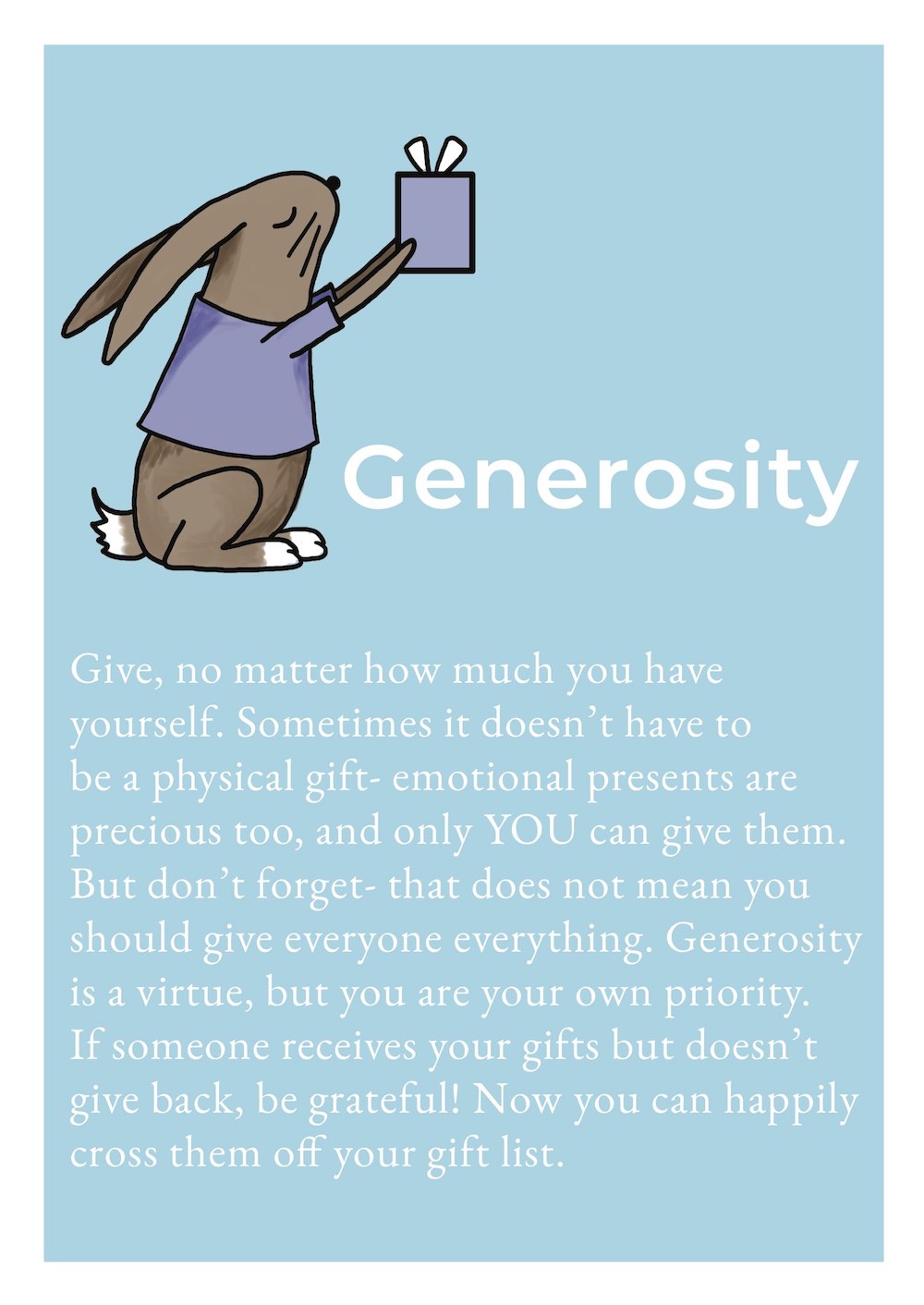Welcome to our special section, Thrive on Campus, devoted to covering the urgent issue of mental health among college and university students from all angles. If you are a college student, we invite you to apply to be an Editor-at-Large, or to simply contribute (please tag your pieces ThriveOnCampus). We welcome faculty, clinicians, and graduates to contribute as well. Read more here.
Self-help is a topic that has undoubtedly increased in popularity over the past few years. However, not everyone is a fan of self-help; alongside its success is also criticism of its backwards effect. Though studies have shown that self-help cognitive behavioural therapy (CBT) treatments can lead to significant reductions in anxiety, seeing a therapist is generally more effective. All in all, it is a complicated matter because it depends on the individual and their specific needs.
Despite initial scepticism towards self-help, I purchased a pack of Affirmators out of curiosity. These are flash cards containing short insightful passages and cute artworks, which was what initially caught my attention. Slowly, I found myself viewing self-help in a different light. Self-help is often portrayed as an endless search for improvement, a forceful perpetuation of happiness and a temporary distraction rather than a effective solution. I personally believe that self-help is not the best help- if there is a specific problem that needs solving, generic motivational quotes may not be the answer, especially when it affects your mental health. But self-affirmation is not a solution — it’s an attitude.
The central idea of self-affirmation is maintaining our integrity as individuals by affirming our values through positive thinking. This seems to be the very aspect of self-help that is most often criticised: self-help promotes positive thinking as a quick solution to problems, rather than endorsing hard work. It is true that nothing can substitute hard work. If there are steps you must take in order to reach a certain goal, a positive attitude won’t magically make your dreams come true. But self-affirmation is no dream-realising magic spell, nor a quick solution to all your problems. It is a state of mind which we practice in order to acknowledge the efforts we have made up until this point in time. This does not necessarily undermine future actions we must take in order to achieve our goals. If anything, it gives us more confidence and assurance that we’re on the right track.
It is also suggested that positive action can actually cause positive thinking, rather than the other way around, which is what self-help constantly promotes. In reality, people may feel a variety of emotions — they may feel confused, upset, angry or frustrated. Thus, they may not be able to start taking action. A positive attitude cannot replace positive action, but it allows you to clear your mind and tackle whatever task that comes your way with more energy and positivity. Arguably, if you try to do things when your mind isn’t clear, it may make your efforts counterproductive, if not make everything feel a bit forced.
Affirmation should not be portrayed as blind positivity or wishful thinking. The ability to accept yourself as a unique individual (without being caught up with ideas of exception) helps you adapt to different situations. It allows individuals to understand their boundaries and how they interact with the world around them. Contrary to the idea that self-help perpetuates happiness as the standard emotion, I think self-affirmation allows you to explore your relationship with a variety of emotions. Ultimately, the end goal is self-discovery, which may aid you in difficult situations to come.
The cards prompt me to think about different aspects of life, sometimes ones I have never even thought of. I try to engage with the messages critically, and write my own take on them with my own rendition of the drawings (with “Generosity,” as an example). This way they become personal — I am able to reaffirm my own values based on past experiences and emotions, which will help me adapt when similar events occur in the future.

In the end, I am no psychologist. This is only my personal experience with self-affirmation, and everyone will have their own way of dealing with stressful life events. It is important to identify the circumstances in which self-help is inefficient, and seeking professional help may be the better option. But in the general course of life, remember to give yourself support. As long as you value your own integrity- you can do anything.
Subscribe here for all the latest news on how you can keep Thriving.
More on Mental Health on Campus:
What Campus Mental Health Centers Are Doing to Keep Up With Student Need
If You’re a Student Who’s Struggling With Mental Health, These 7 Tips Will Help
The Hidden Stress of RAs in the Student Mental Health Crisis


